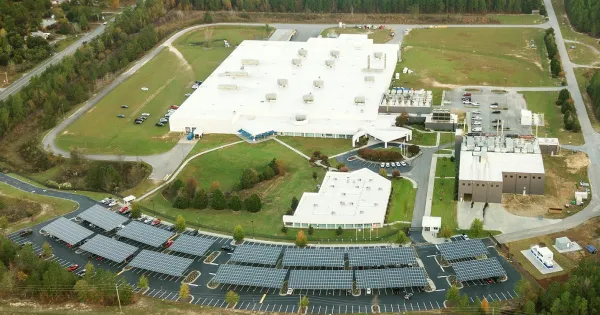AI Scientists Have Arrived

Artificial intelligence (AI) is increasingly becoming an active collaborator in scientific research, moving beyond its traditional role as a supportive tool. A notable example is the 'Virtual Lab' developed by Stanford University, where AI agents assume roles such as principal investigator, scientist, and scientific critic to collaboratively address complex research challenges.
Applications in Scientific Research
The Virtual Lab has demonstrated its capabilities by designing nanobodies targeting SARS-CoV-2 variants, utilizing tools like AlphaFold and machine learning models. This approach exemplifies how AI can contribute to interdisciplinary research, particularly in urgent fields like infectious diseases.
Beyond specific projects, AI agents are being developed to autonomously conduct scientific research. For instance, the 'AI Scientist' framework enables AI to perform the full cycle of research, from literature review and hypothesis formulation to experimentation and paper writing. This advancement signifies a shift towards AI systems capable of independent scientific discovery, potentially accelerating progress across various disciplines.
Implications for the Future
The integration of AI agents into scientific research holds the promise of expediting discoveries and fostering innovation. However, it also raises ethical considerations, such as ensuring transparency, traceability, and verifiability in AI-generated research. Addressing these concerns is crucial to responsibly harness the potential of AI in science.
In summary, the emergence of AI scientists represents a significant evolution in research methodologies, with AI agents transitioning from passive tools to active participants in scientific inquiry. This development has the potential to transform the domain of scientific discovery, paving the way for more efficient and innovative research processes.





